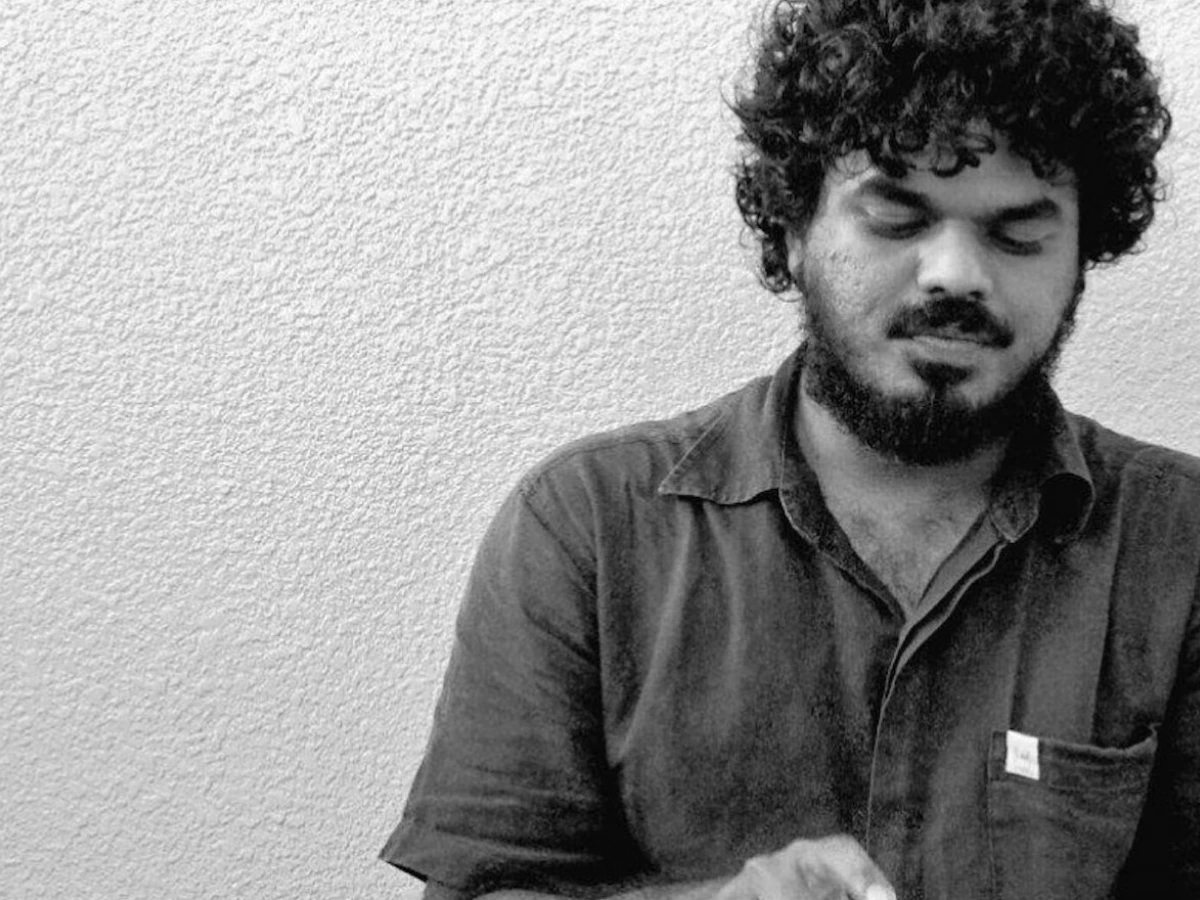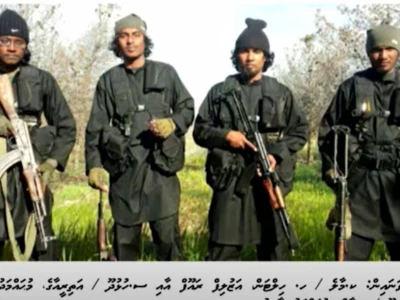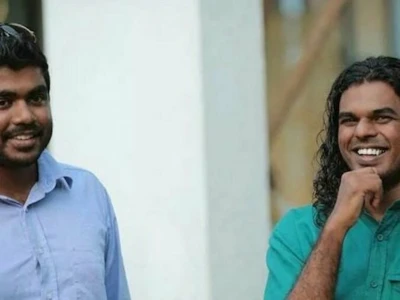
Police bugged Rilwan's phone not for protection, order reveals
In April 2014, the court had issued an order to record video and audio on Rilwan's phone, alleging that Rilwan was a threat to national security.
Top Stories
Although a presidential commission investigating deaths and disappearances said the police were listening to journalist Rilwan's phone calls believing that he was in danger, a court order has come to light that the order to listen to Rilwan's phone calls was not issued for his protection.
At a press conference held on Thursday after submitting the report on Rilwan's death to President Ibrahim Mohamed Solih, members of the Death Commission said:
-
Even before Rilwan was killed, the police, believing that he was under threat, was listening to Rilwan's phone calls on a court order
-
In 2014, extremists and gang members came out in groups and threatened some people who were active on social media at the time and gathered their personal information
-
Rilwan was also the target of Ahmed Muaz and Ahmed Ismail, who were at the forefront of the intimidation, these things had also come to the notice of the police.
"What we can note is that when things reached that point and went to the time of the killing of Ahmed Rilwan Abdulla, the Maldivian police were aware of it and that this was something that could have been stopped," said Misbah Abbas, vice-president of the commission.
However, in April 2014, court had issued an order to record video and audio on Rilwan's phone, alleging that Rilwan was a threat to national security.
A copy of the court's order, signed by Chief Justice Abdulla Mohamed, is now being circulated in the media. As per the order:
-
The reason why the police sought the order was that the police intelligence had received confidential information that Rilwan and others were involved in "activities prejudicial to the national security of the country"
-
Police was allowed to record scenes and sounds on Rilwan’s phone between April 22, 2014 and July 21, 2014
-
The court's order did not mention anything about the protection of Rilwan, who went missing on August 7 that year
When contacted by Atoll Times, President of the Commission Fareesha Abdulla said she had no comment on the court order and the death commission's statement.
The Death Commission also found that some senior officials of the then government had tried to release some of those arrested in connection with the Rilwan murder case and that some of the top people involved in the act are top officials of the government.
According to the commission, Rilwan was abducted in a red car and taken onto a fishing vessel via a dinghy, where he was murdered. Rilwan was read his Islamic testimony (Shahada) before slitting his throat and then his body was dumped in the sea.
The commission has revealed the names of six of the suspects who were allegedly involved in Rilwan's murder. They left the country, some at the end of 2014 and others in 2017 to join the civil war in Syria, the commission said. They are:
-
1-
Mohamed Munaz, Nargisvilla/Th. Omadhoo
-
2-
Ismail Shabeeh, Dhandimagu/Fuvahmulah
-
3-
Mohamed Suaid, Athiriage/S. Hulhudhoo
-
4-
Mohamed Hamid, Iraq/S. Meedhoo
-
5-
Azlif Rauf, H. Hilton/Male
-
6-
Ibrahim Salah, Sosani/H.A. Dhiddhoo
The report of the commission has been completed and handed over to the president, three years after the commission has been investigating the cases. In June, three people were arrested and charged with terrorism in connection with Rilwan's disappearance and blogger Yameen Rasheed's murder. They are:
-
Ahmed Ismail, 39, MA. Fagafila/Male (aiding and abetting an act of terrorism, planning to commit a terrorist act)
-
Ismail Abdul Raheem Adam , 30, M. Lagoonview/Male (two counts of aiding and abetting a terrorist act)
-
Ahmed Muaz, 40, Male Dhaftaru (plotting to commit a terrorist act)
Although the trial in these cases has already begun, there are no further details of the trial as these are confidential cases. The trial court has remanded all of them to judicial custody.
Related
Related

Pres dissolves Death Commission despite questions over probes

NGOs unite to urge death commission to reveal probe findings

'6 in Rilwan's murder fled to Syria, but can't confirm death'

